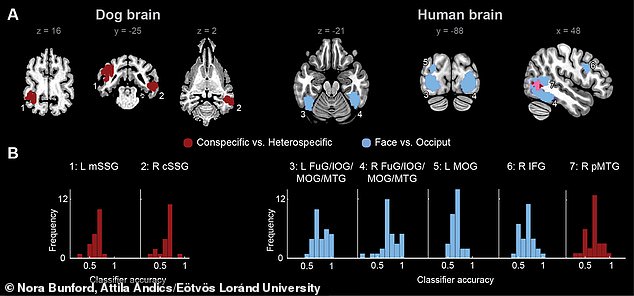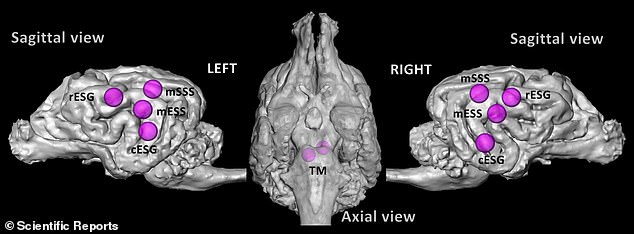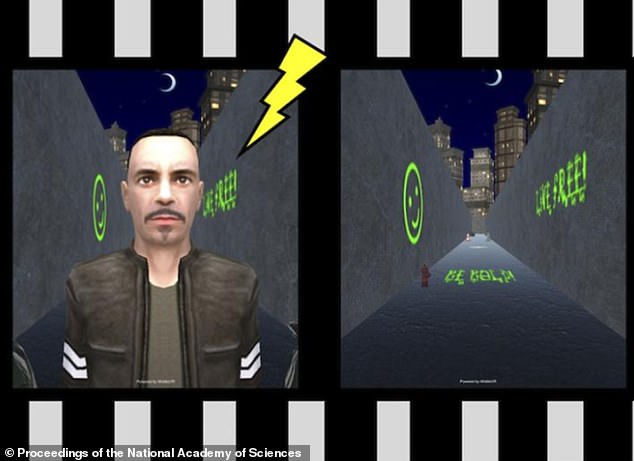Genetics: ‘Junk’ DNA inherited from our ancient ancestors could be rewiring our brains, study finds
DNA – deoxyribonucleic acid – is widely known as the molecule found in the nucleus of all our cells that contains genetic information. It is shaped like a double-helix and made of small sections called nucleotides. Each nucleotide contains a nucleobase, a sugar, and a phosphate group. The sugar component in this particular molecule is … Read more









